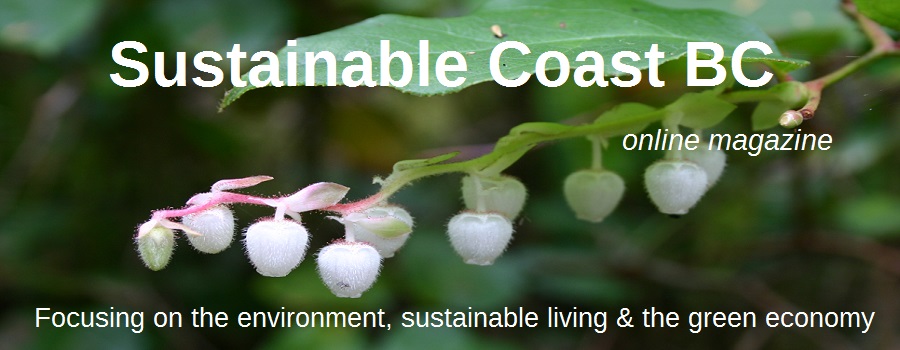Transitioning
- Details
- Written by Beverly Saunders Beverly Saunders
- Category: Uncategorised Uncategorised
- Published: 12 August 2015 12 August 2015
The Wilderness Committee, the Canadian Parks and Wilderness Society (CPAWS BC Chapter), and 33 individuals became the latest participants to publicly withdraw from the controversial Kinder Morgan Trans Mountain pipeline regulatory hearings. This announcement follows similar moves by high-profile experts like Robyn Allan, economist and former CEO of ICBC, and Marc Eliesen, former CEO of BC Hydro, citing the National Energy Board’s failure to conduct the hearings in an impartial, unbiased manner.
“It’s a sad day for us,” said Eoin Madden, the Wilderness Committee’s Climate Campaigner. “The federal government has altered the pipeline approval process so that Canadians no longer have a proper say on these major industrial projects. What we’re left with is a broken system that prioritizes industry over the public interest.”
In recent years, Canada’s pipeline review process has been increasingly criticized for its failures, which include limiting public participation and allowing proponents to withhold important information. Many groups and individuals are also concerned that the outcome of the review process is predetermined, particularly since the government weakened the NEB’s authority by putting the final decision on pipeline projects in the hands of the federal Cabinet.
The individuals and groups withdrawing are concerned that their continued participation in the hearings would lend credibility to an unfair and biased hearing process that has failed to provide a due process to the public. In withdrawing from the hearings, they also endorse the views of Robyn Allan, an expert intervenor who withdrew on May 19th, 2015.
“We are deeply concerned about the consequences that this project could have for BC, and do not have faith in the NEB process,” said Peter Wood, CPAWS’ Director of Terrestrial Campaigns. “We are calling upon the Government of BC to initiate a review of this project that is transparent, independent, and takes into consideration the full scope of the project’s impacts.”
